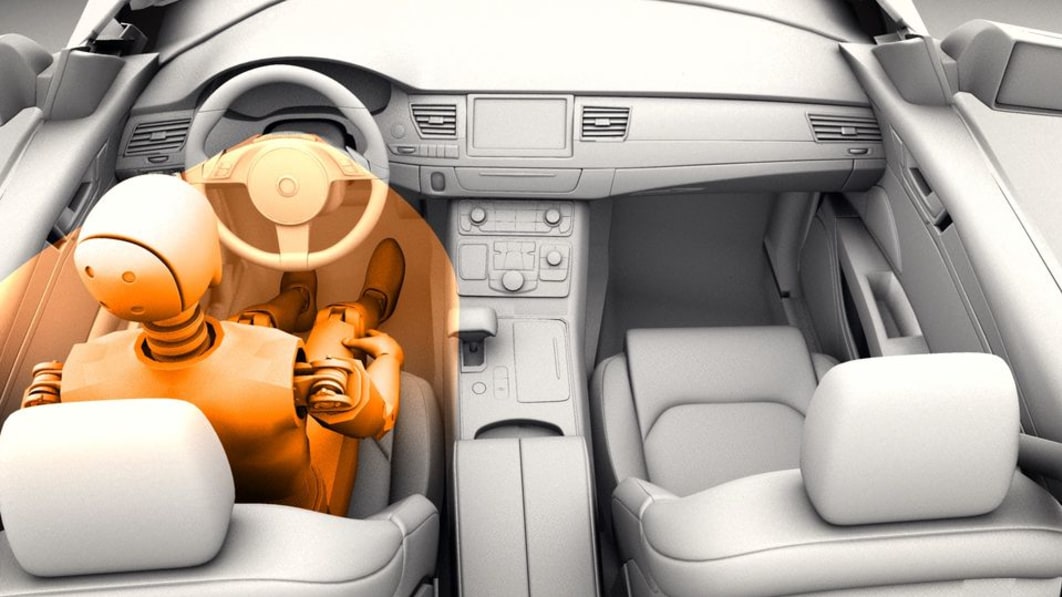There’s a renewed push to install anti-DUI tech in all vehicles

Lawmakers, car manufacturers, and non-profit groups are still trying to figure out how to add technology designed to prevent motorists from driving drunk to new cars. Elected officials on both sides of the political aisle support making breathalyzers mandatory, but industry figures claim the technology isn’t ready to enter mass production yet.
Detecting whether a driver is drunk is relatively straightforward, police officers do it nightly, but neatly integrating a detection system into a car’s cockpit is easier said than done. No one wants to buy a car with a breathalyzer embedded into the middle of the dashboard, or sticking out from the door panel like a broken piece of trim. One of the proposed solutions comes from the Automotive Coalition for Traffic Safety (ACTS), which has developed what it describes as “a fully passive, non-invasive alcohol detection system” for commercial and fleet vehicles.
Before starting their engine, drivers must exhale in the direction of a small sensor that can be integrated into the steering column or the A pillar. It detects their breath alcohol concentration and provides a pass/fail rating; it was developed for operators with a zero-tolerance policy, so it doesn’t make the distinction between one beer and nine. Sober drivers will be able to fire up the engine; drunk drivers will need to find a cab (or a sober driver to unlock their ignition). ACTS plans to make this technology available to fleets later in 2021, and it’s working on developing a more precise evolution of the system suitable for use in private cars. It expects the feature will be ready by 2024.
Special interest groups committed to fighting drunk driving say that’s not enough. While The Washington Post reports that the number of alcohol-related driving deaths has fallen by more than half since the government began collecting data in 1982, the Insurance Information Institute points out 10,142 people were killed in road accidents involving alcohol in 2019; these deaths represent around 28% of all traffic fatalities. Mandating in-car breathalyzers would require calling upon the National Highway Traffic Safety Administration (NHTSA) to set guidelines for carmakers to follow. Legally, an alcohol-detecting ignition is not much different from an airbag or a seatbelt.
Seatbelts are proven to save lives, but car manufacturers note that some of the more advanced drunk-detection systems, like driver monitoring systems, are unreliable. This technology can detect whether a driver is paying attention to the road ahead, yet it’s not accurate enough to tell if you’re drunk. Leaning towards caution could be disastrous; imagine your next car stopping itself when it inaccurately thinks you’ve had a few too many. Carmakers would need to find a way to tell whether the car or the driver is telling the truth, and remotely unlock it if it’s the latter.
Other technologies are in the pipeline, according to the Post, like touch-based sensors and blood-oxygen gauges. NHTSA has poured $55 million into developing systems that can prevent drunken people from driving. It’s too early to tell which one(s) will reach mass production, but it sounds like in-car breathalyzers are closer than ever.






